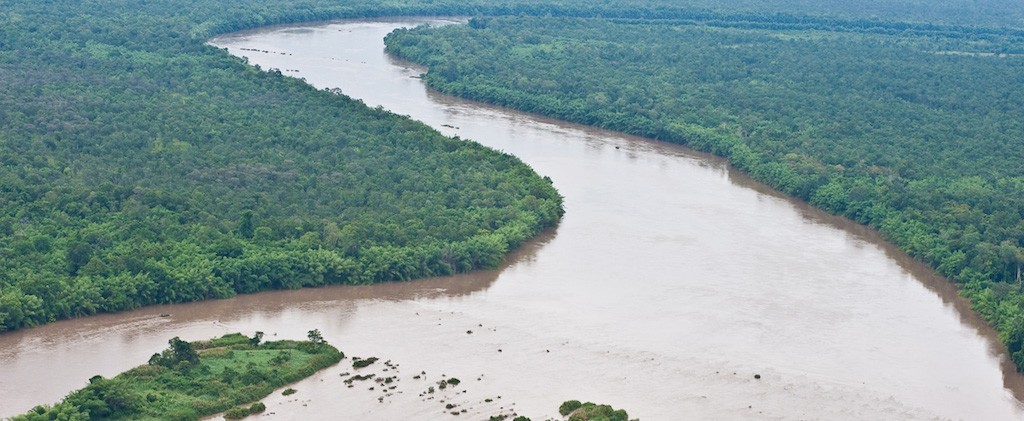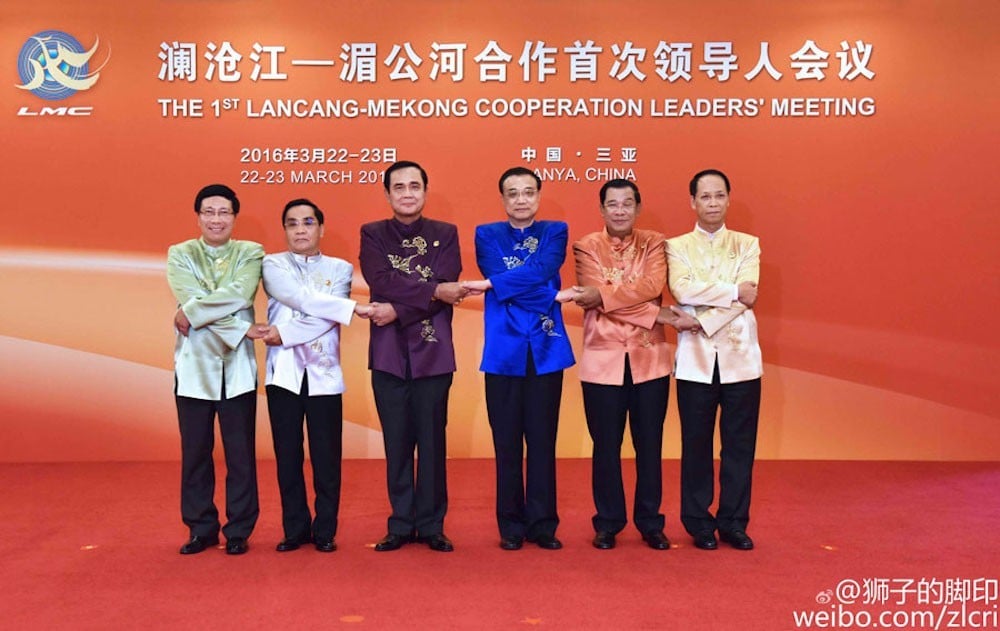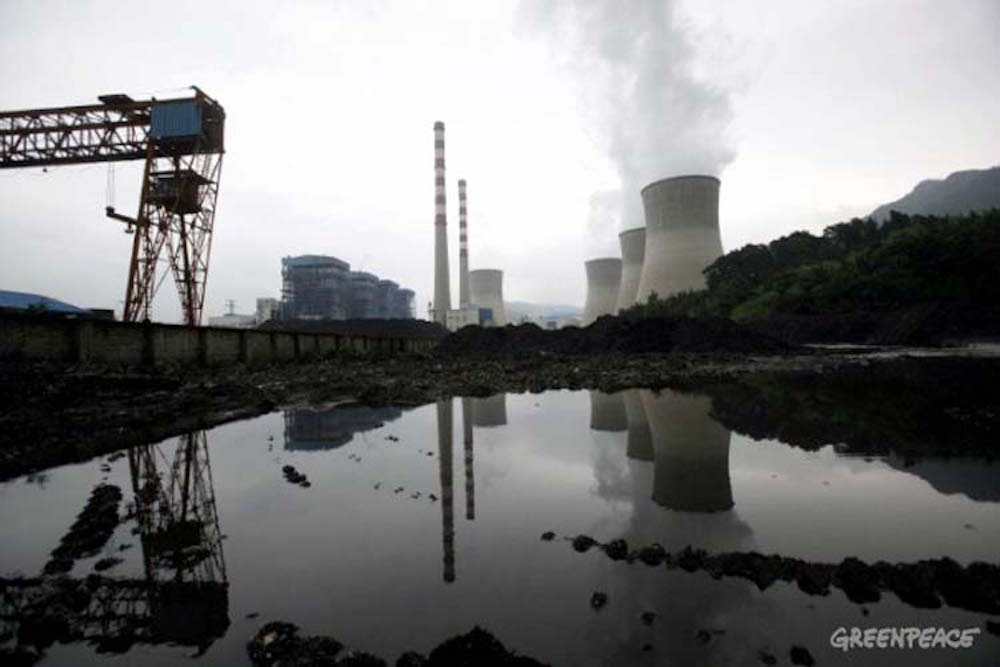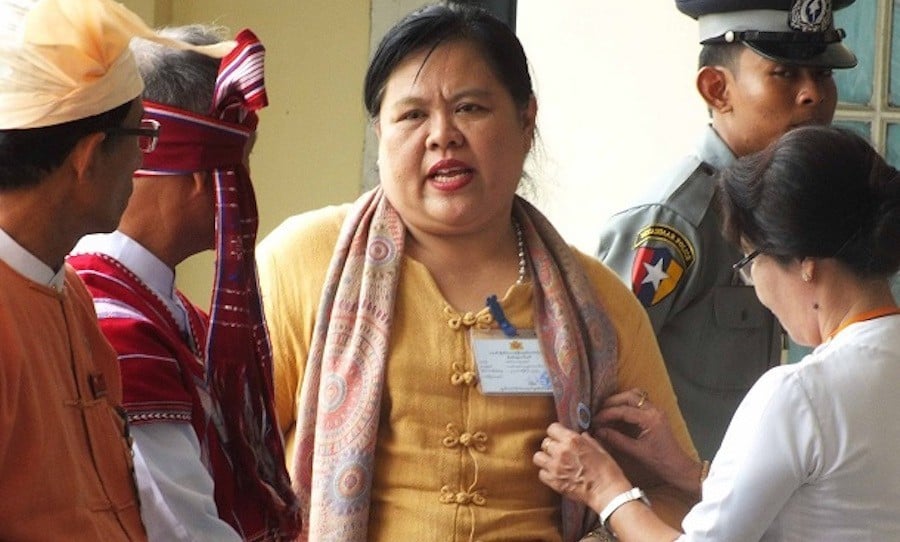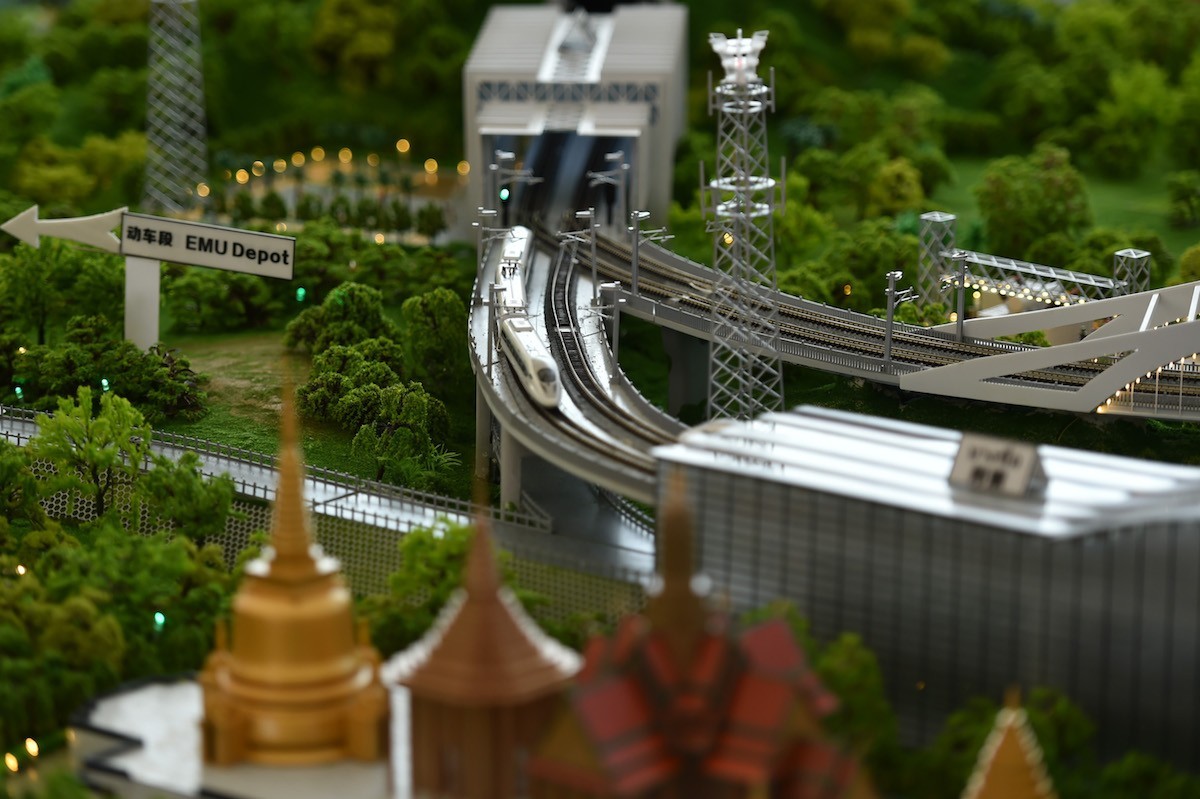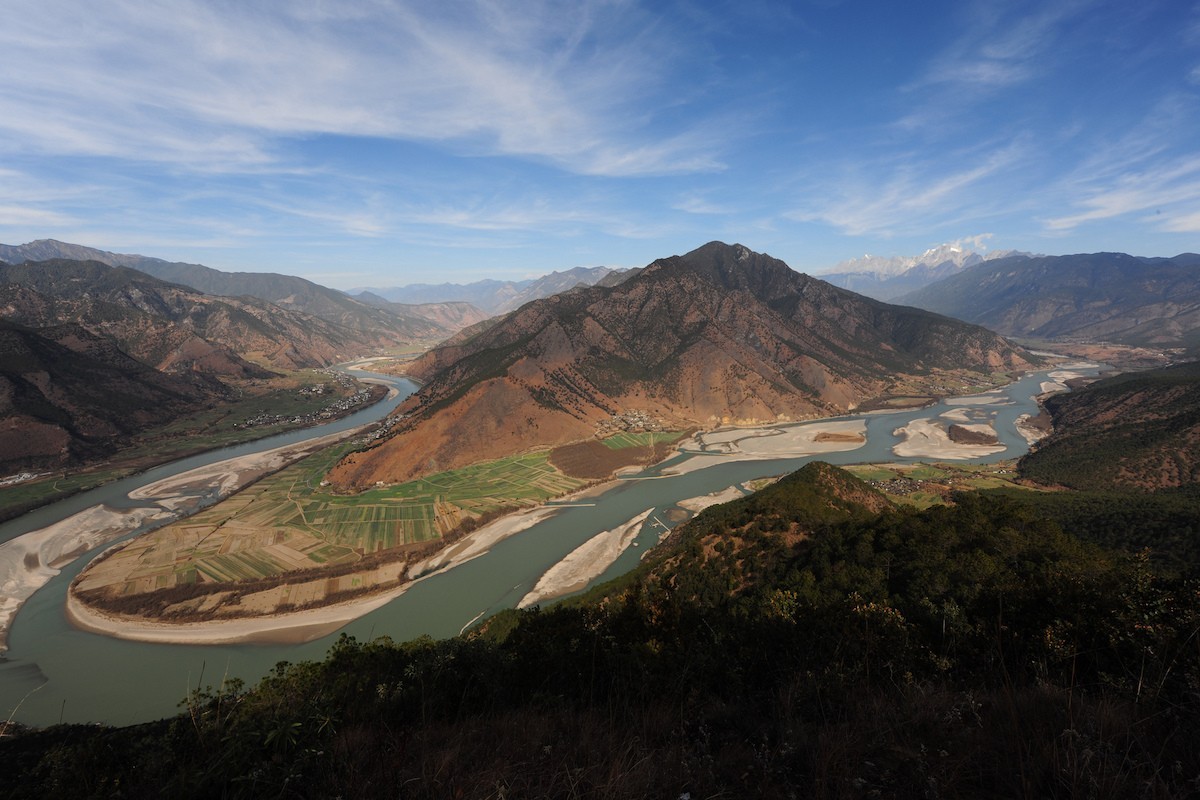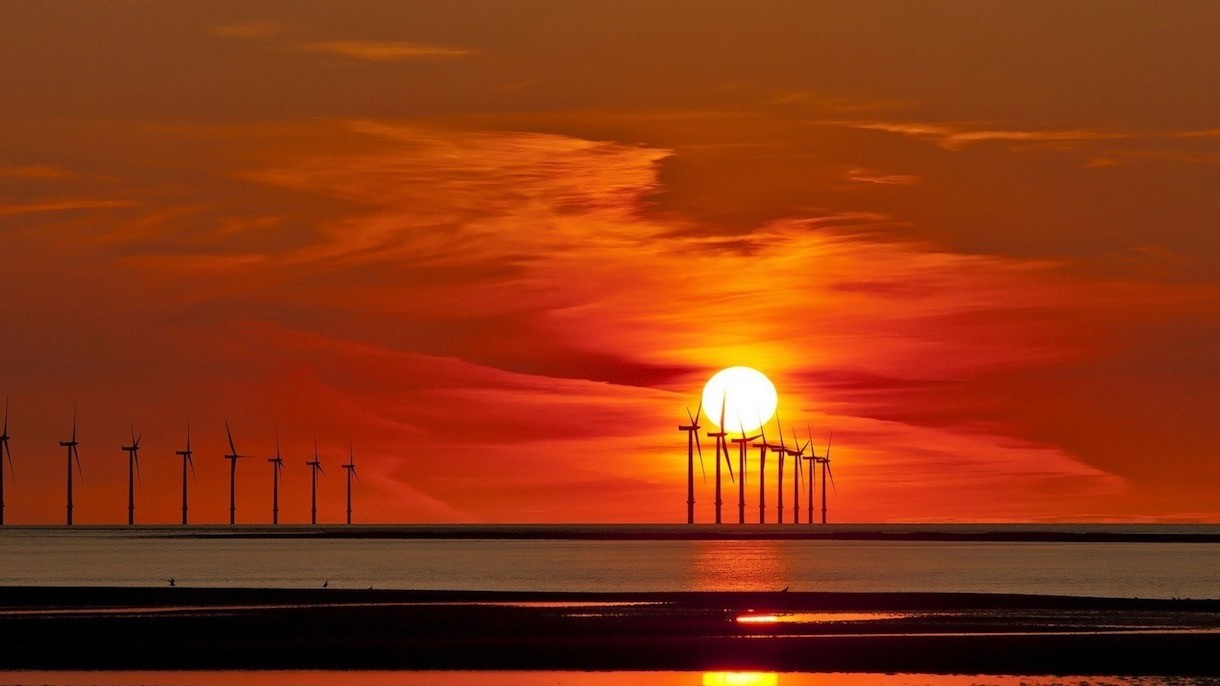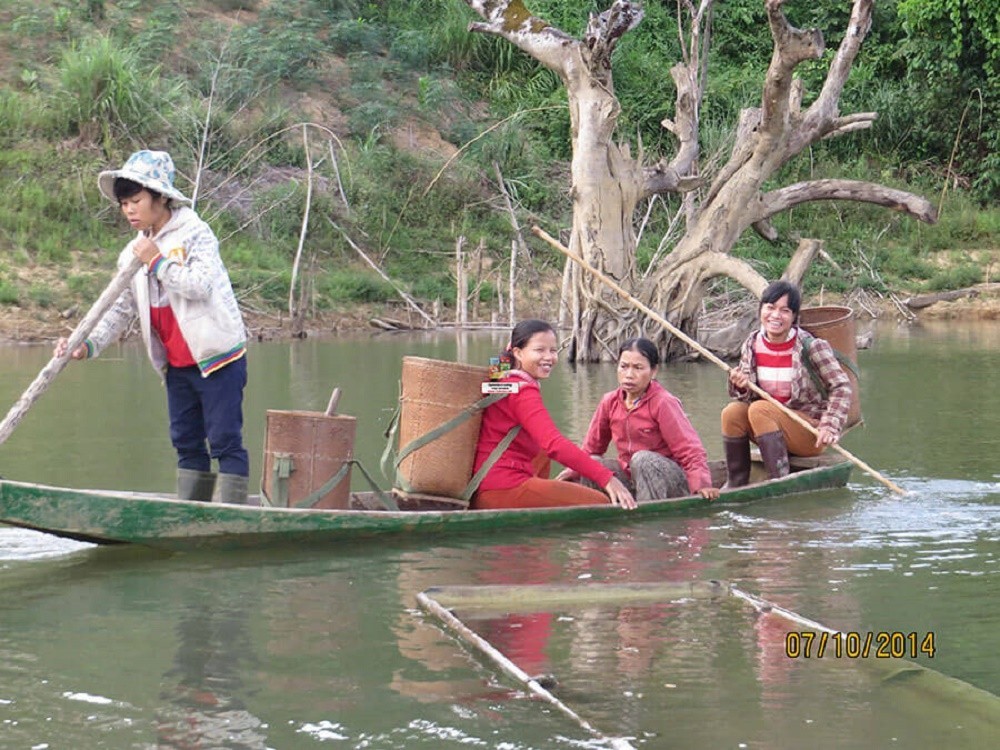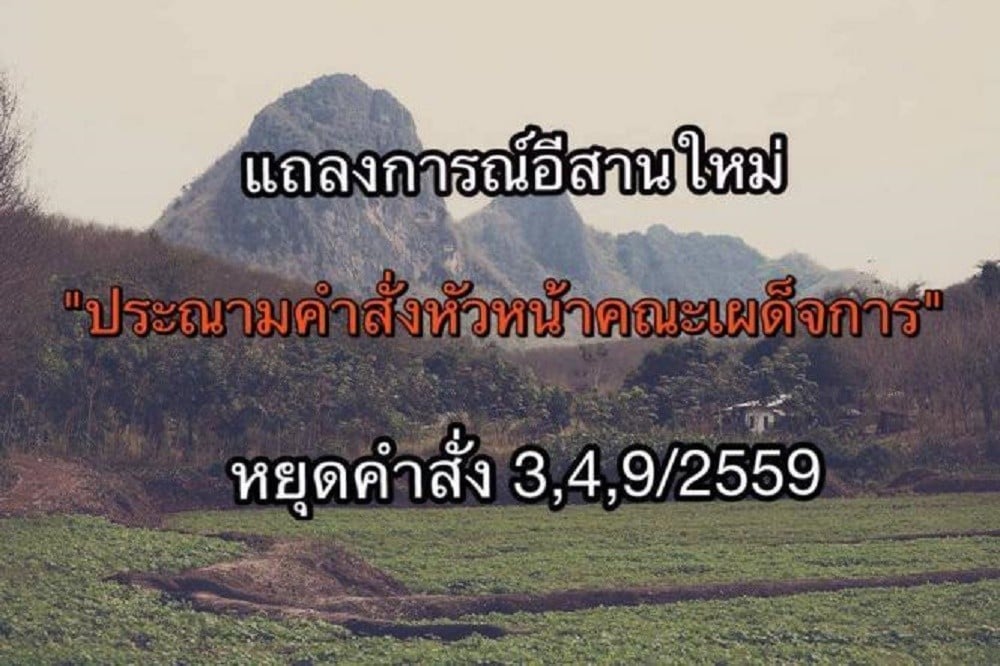China’s pattern of regional conduct has come increasingly into focus in recent times. Its behaviour is much less about maintaining the ‘status quo’, and much more about revising the established dynamics and contours in the region to its preferences. This revisionism is likely to become the primary source of tensions and potential conflict in Southeast Asia.
A view of the dam at the Jinghong Hydropower Station on the Lancang River, the Chinese section of the Mekong River, in Jinghong city, Yunnan province, 20 May 2013. (Photo: AAP).
Nowhere are China’s revisionist aims more evident than in the South China Sea and the upper reaches of the Mekong River, which straddles southern China, Myanmar, Thailand, Laos, Cambodia and Vietnam.


